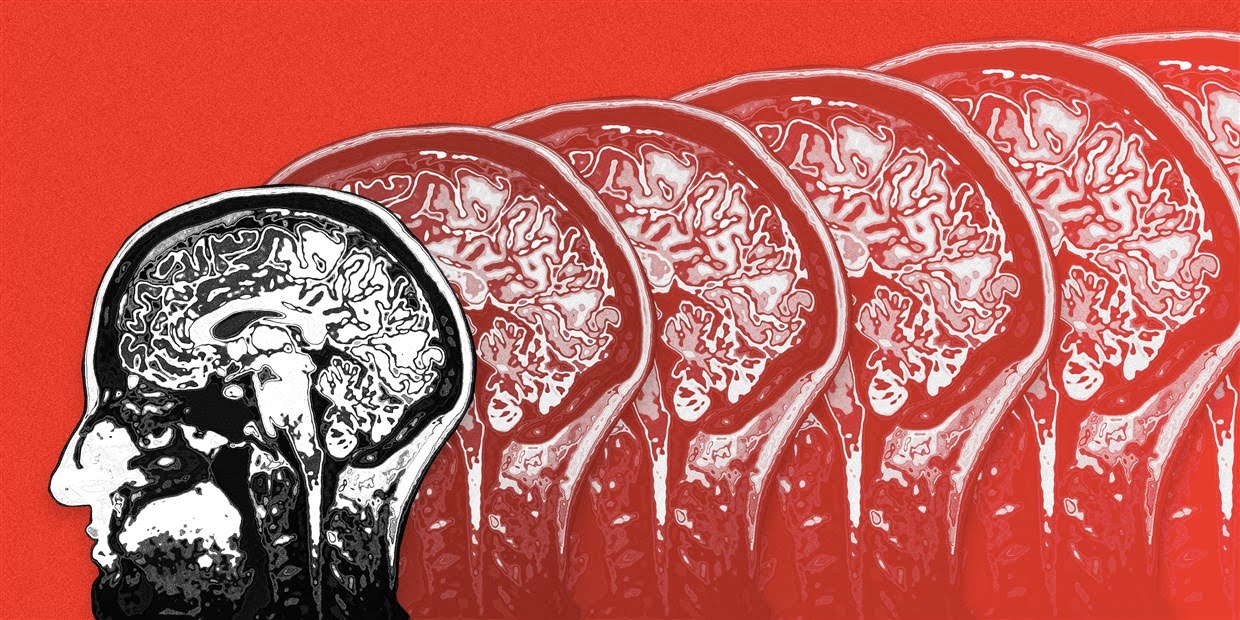The past decade of Alzheimer’s disease research has been fraught with disappointment. But some scientists say they’re more hopeful than ever a cure will be found.
Could inflammation be the key to finding a drug to treat Alzheimer’s disease?Chelsea Stahl / NBC News; Getty ImagesThe past decade of Alzheimer’s disease research has been fraught with disappointment.
Years of focus on one hallmark of the disease ultimately resulted in no progress toward treatment or prevention.
But next week, when top scientists gather in Los Angeles at the Alzheimer’s Association International Conference, an annual meeting, many will present research on a different target: inflammation.
“The big breakthrough is that neuroinflammation is the target. It’s killing the bulk of the nerve cells that leads to dementia,” said Rudolph Tanzi, a professor of neurology at Harvard University and the director of neurology at Massachusetts General Hospital.
Moving beyond plaques
Early research into Alzheimer’s disease pointed toward a conspicuous target: clumps of protein in the brain called amyloid plaques. When scientists studied the brains of people with Alzheimer’s disease who died, they noticed the brain tissue was full of these plaques, which are still considered a hallmark of the disease.
But although research has shown time and time again that amyloid plaques may play a role in Alzheimer’s, it’s not the singular key to a cure.Indeed, on Thursday, pharmaceutical companies Amgen and Novartis announced their trial of a drug meant to help block the production of amyloid plaques had failed. In fact, patients who received the drug got worse. The Alzheimer’s Association called the outcome “disappointing.”

COMMENTS